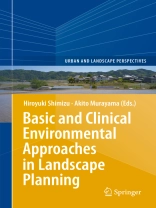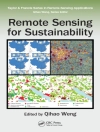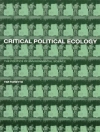Our societies need to solve difficult issues to attain sustainability. The main challenges include, among others, global warming, demographic change, an energy crisis, and loss of biodiversity. In tackling these issues, a holistic understanding of our living space is important. The field of landscape planning and design is at the core the holistic concept and it makes several contributions to achieving sustainability. First, landscape planning and design connects different spatial scales: from site to region to the planet. Second, it focuses on close interrelationships between human activities and nature. Third, it is concerned with people’s values toward their surroundings. This book is based on the presentations made by German and Japanese scholars at the international symposium “New Trends of Landscape Design: Seamless Connection of Landscape Planning and Design from Regional to Site Scales — The Cultural Context” held on November 5, 2012, at the Graduate School of Environmental Studies, Nagoya University.
Spis treści
Cultural Landscape: What People Give Value to in Their Surroundings.- Landscape Perception in Japan and Germany.- New Trend of Landscape Planning & Design in Japan.- Possibility of Japanese Landscape Planning for Development Management.- Landscape Perception of the Residents in Nyu Village, Kushida-River.- Landscape Sequence of Kushida-River.- Social Perceptions of Wetlands and their Implications to Environmental Decision Making.- How can We Make Mandala of Landscape Issues on Kushida-River.- Issues on Clinical Environmental Approach in Multi-Scale, Participatory Landscape Planning.












